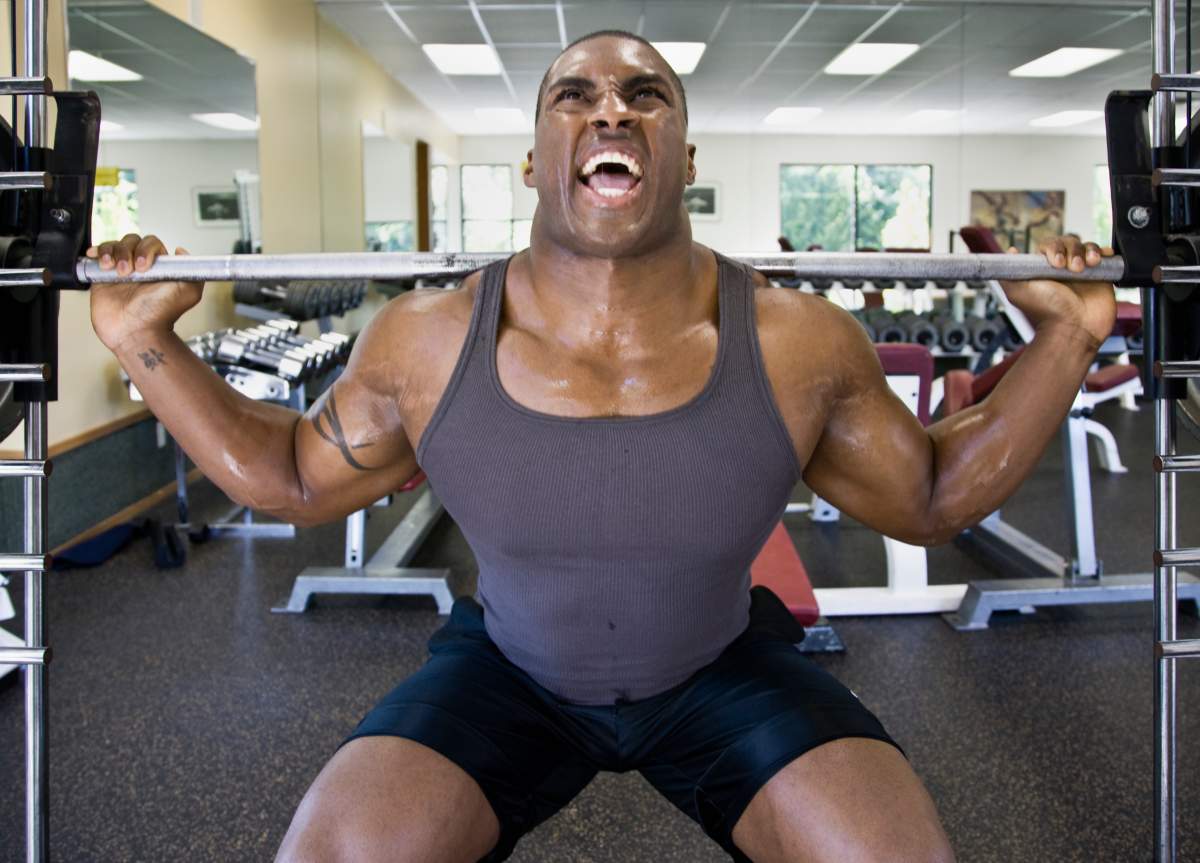There’s always been an assumption that sweating more meant your workout was more intense, but fitness experts will tell you, this is nothing but a myth.

Ivan Ho, co-founder of Fit Factory Fitness in Toronto, says he’s not sure why so many people still believe this assumption, and for the most part, sweating is a small indicator you are working out hard.
“A lot of other factors can contribute to how much you sweat like your clothes, the environment and temperature of where you’re exercising, your fitness level or genetics,” he tells Global News. “You may sweat less if you are doing the same workout you’ve done and this time you are in better shape.”
READ MORE: Keto diet plan: breaking down the low-carb, high-fat diet
According to author Robert J. Davis, this is also a time of year where people tend to exercise outdoors, resulting in even more sweating, CNN reports.

Get daily National news
“On the flip side, don’t assume that a low-sweat workout means you aren’t working hard enough or burning enough calories. It could be that your sweat evaporates quickly because you’re exercising in air-conditioning, near a fan or outdoors on a windy day. Or, unlike me, you simply may not sweat much.”
Feeling the burn
When we sweat, Ho adds, our bodies aren’t getting rid of toxins.
“That’s what your liver does. What you’re actually losing when you sweat is water, salt, protein and nontoxic urea,” he says.
READ MORE: ‘Biggest Loser’ producer says ex-contestants to blame for regaining weight
And sweating in general is very individual. Some people may sweat often, while others sweat very little, Ho adds. “You can’t compare yourself with other people, everyone sweats differently,” he says. “Some trainers will sweat just warming up.”
Davis adds things like weight, fitness level and even the type of clothes you are wearing can all affect how much you sweat.
How to measure intensity
So what’s the best way to measure how intense you are working out? Maureen Hagan, vice president – program innovation at GoodLife Fitness, says checking your heart rate and breathing rate are better indicators of how intense your workout is.
“Technology today also helps,” she tells Global News, adding fitness bands and heart rate monitors are good ways to measure performance.
And if you don’t have access to any of these gadgets, just tuning in on how you are breathing is also a good indicator. Hagan adds if you are finding it hard to breathe after a workout, it can be an indicator you are working hard.
Water is just as important
Both experts also agree water is key during any kind of workout. Hagen says you should be aiming for nine to 12 cups of water a day if you are working out, and drink at least one to two cups four hours before your workout, one to one and a half during the workout, and two to three cups withing two to three hours after working out.
READ MORE: Reality check: Will apple cider vinegar shots help you lose weight?
“If you are working out and you are not sweating, you are dehydrated,” she says. “This can be dangerous.”
Hagen says if you are heading out, expect to sweat more simply because of the sun.
Wear sunscreen, wear breathable clothing and avoid working out between 10 a.m. and 3 p.m.








Comments
Want to discuss? Please read our Commenting Policy first.